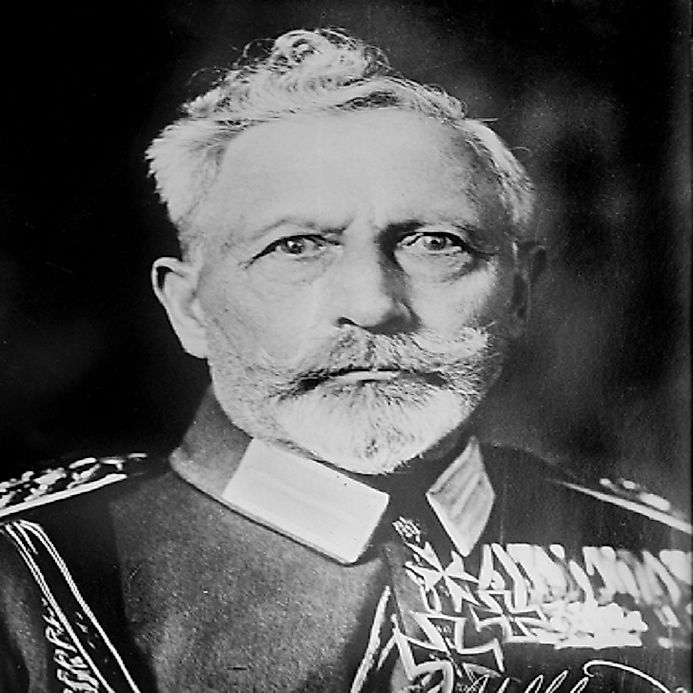

A lax wartime leader, Wilhelm left virtually all decision-making regarding strategy and organisation of the war effort to the German Army's Great General Staff.

Wilhelm's reign culminated in Germany's guarantee of military support to Austria-Hungary during the crisis of July 1914, one of the immediate causes of World War I. By the second decade of the 20th century, Germany could rely only on significantly weaker nations such as Austria-Hungary and the declining Ottoman Empire as allies. Likewise, his regime did much to alienate itself from other great powers by initiating a massive naval build-up, contesting French control of Morocco, and building a railway through Baghdad that challenged Britain's dominion in the Persian Gulf. However, Wilhelm often undermined such progress by making tactless and threatening statements towards other countries without first consulting his ministers.

Over the course of his reign, the German colonial empire acquired new territories in China and the Pacific (such as Jiaozhou Bay, the Northern Mariana Islands, and the Caroline Islands) and became Europe's largest manufacturer. In March 1890, Wilhelm dismissed Chancellor Otto von Bismarck and assumed direct control over his nation's policies, embarking on a bellicose "New Course" to cement Germany's status as a leading world power. Frederick died just 99 days later, and his son succeeded him as Wilhelm II. In March 1888, Frederick William ascended the German and Prussian thrones as Frederick III. Through his mother, he was the eldest grandchild of Queen Victoria of the United Kingdom. When the German war effort collapsed after a series of crushing defeats on the Western Front in 1918, he was forced to abdicate, thereby marking the end of the German Empire and the House of Hohenzollern's 300-year reign in Prussia and 500-year reign in Brandenburg.īorn during the reign of his granduncle Frederick William IV of Prussia, Wilhelm was the son of Prince Frederick William and Victoria, Princess Royal. Despite strengthening the German Empire's position as a great power by building a powerful navy, his tactless public statements and erratic foreign policy greatly antagonized the international community and are considered by many to be one of the underlying causes of World War I. Wilhelm II or William II (Friedrich Wilhelm Viktor Albert 27 January 1859 – 4 June 1941) was the last German emperor ( German: Kaiser) and king of Prussia from 15 June 1888 until his abdication on 9 November 1918. Wilhelm II speaking to the German people (recorded 1914)


 0 kommentar(er)
0 kommentar(er)
